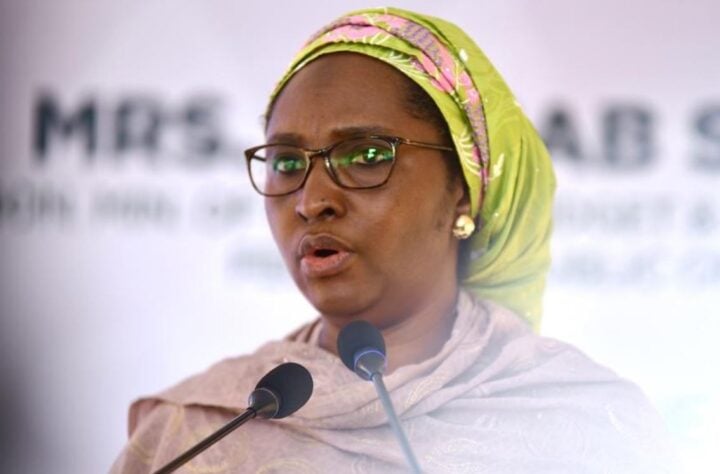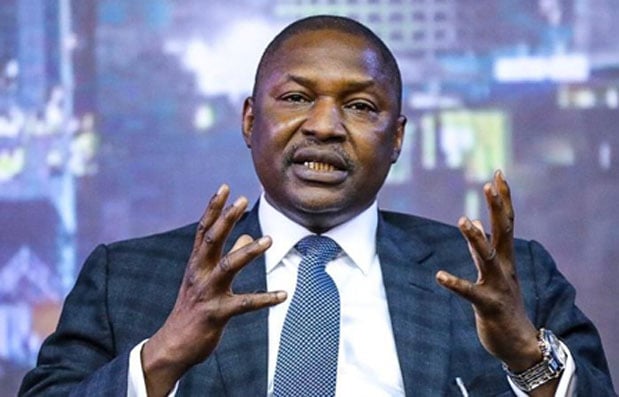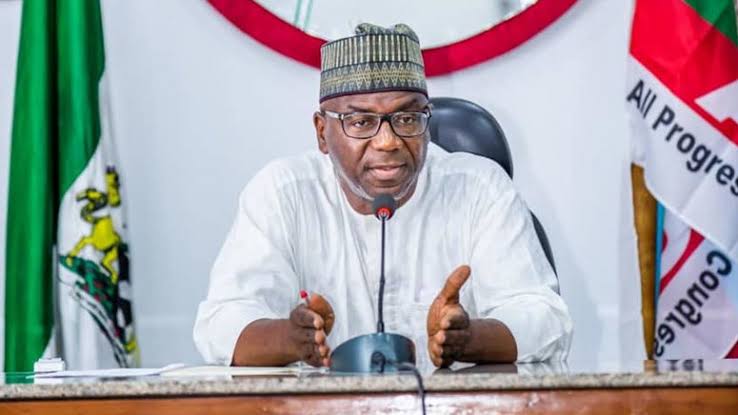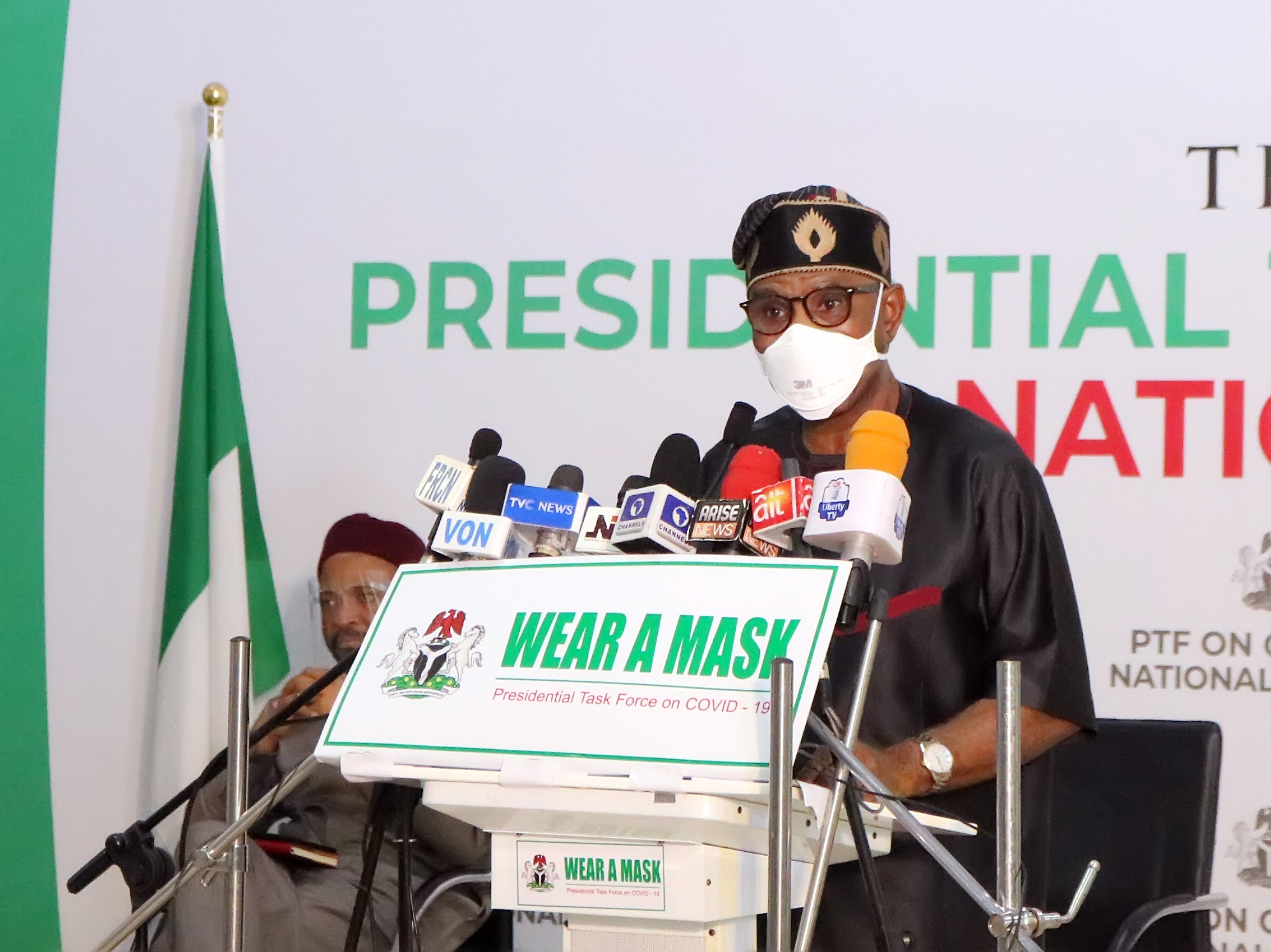Zainab Ahmed, minister of finance, budget and national planning, has urged multilateral lenders to provide more debt relief for vulnerable countries especially countries in Africa.
Ahmed was speaking on Tuesday during the United Nations meeting of finance ministers to consider options for financing the 2030 agenda for sustainable development in the era of COVID-19 and beyond.
The minister said lenders could consider either outright debt cancellation or at the very least, extended debt suspension.
“It is in this regard that my delegation supports the call for outright cancellation of debt for vulnerable nations, or at the very least extended debt suspension as well as liquidity retrieve and also special drawing rights for countries in special situations, especially countries in Africa,” Ahmed said.
Advertisement
“We encourage the international community to explore and develop specific targeted measures including mutual legal assistance to address barriers to international cooperation.”
In March, the World Bank and International Monetary Fund (IMF) asked official bilateral lenders to suspend debt repayments for International Development Association (IDA) countries.
Ahmed also said destination countries of illicit financial flows can help fight the scourge.
Advertisement
The minister said illicit financial flows will continue to affect domestic revenues, economic stability, sustainable development and permit corruption if solutions are not established to tackle the illicit practice.
In 2019, the Nigerian Extractive Industries Transparency Initiative (NEITI) estimated that Nigeria loses at least $15 billion every year to illicit financial flows.
“The COVID-19 pandemic poses unprecedented challenges globally and its further deepening the gap between public resources and financing needed to make the sustainable development goals a reality,” she said.
“In particular illicit financial flows unless checked, will continue to significantly erode domestic revenues, enable corruption, threaten economic stability and sustainable development, divert money from public priorities and hamper government’s efforts to mobilize domestic resources and recover better.
Advertisement
“As one of the most affected countries, the Nigerian experience has shown that technology-enabled improvements and tax collection and compliance, helps deter tax crimes and facilitate public trust.
“Also the mainstreaming of transparency and anti-corruption measures into economic policymaking processes has significantly reduced crime, similarly establishing an accurate up-to-date and public financial ownership register and strengthened automatic exchange of tax information helps address a commercial component of illicit financial flow.
“Let me further emphasize the importance of synergizing the work on the illicit financial flows with the ongoing work of the high-level panel on the lifted financial accountability transparency and integrity.
“It is also critical for countries that are the main destinations of these illicit financial flows to take more concrete steps to assist in converting this scourge.”
Advertisement
Add a comment






